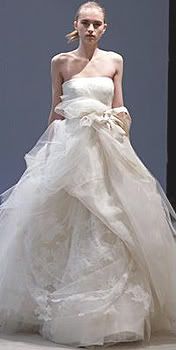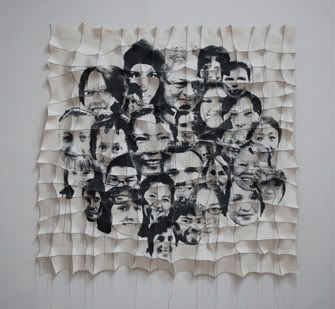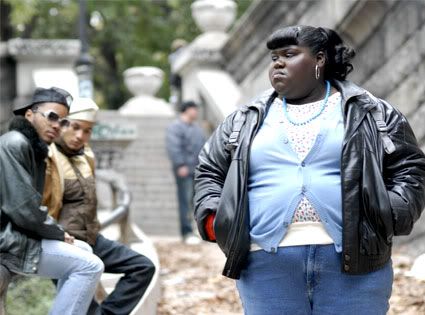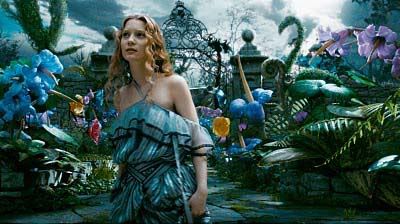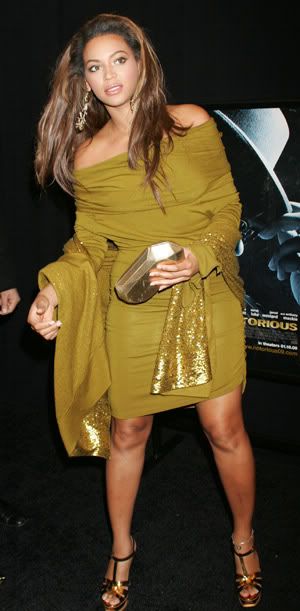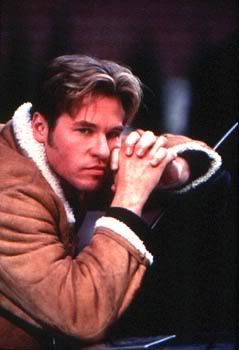I watched Andrew Young's interview on 20/20 last night. The sensational story of Edwards betraying his wife (and his country) by having extramarital sex, and repeatedly lying about it, is worthy of a gritty Danielle Steele fiction. Young betraying his friend Edwards in this tell-all (he has written a book exposing everything) adds another dimension to this sordid story. I wouldn't have bothered to watch the show except I couldn't understand why Young so readily lied for Edwards about fathering Rielle's baby, and even more bizarrely, why he had her stay with him and his wife Cheri for several months through her pregnancy and birth of her daughter.
But, there were a few telling moments that explain why Young and Cheri went along with the scheme. Young says that the first time he saw Edwards, he "fell in love with him." Now, there is nothing homosexual about this confession. Rather, it is a man who is so taken up by the charisma and presence of another, that he becomes a loyal and unquestioning follower (and later friend). Young was therefore ready to do anything for Edwards, both politically and personally.
And, something which I should have figured out earlier, was when Young's wife comments (almost off-hand) about how she didn't want Elizabeth to find out about Edwards's affair and Rielle's pregnancy, since Elizabeth was apparently in the last throws of her cancer. So, Cheri's strangely altruistic behavior was to keep Elizabeth in the dark until the baby was born, by which time Elizabeth would have probably died!
Loyalty and love, a dying woman, and a pregnant mistress make for one of the most bizarre stories about betrayal in the life of a politician. There is of course money and a lavish lifestyle involved, with wealthy Democrats donating money which went towards expensive mansions and luxury holidays for the Young family. I wonder how Mr. and Mrs. Young will explain all those home movies of lush ski-slopes for Christmas and tropical beaches for New Years to their children. Some memories to cherish.



